The Case of the Missing Oversight
The Central Library is buzzing with activity, but you don’t have time for distractions. In less than one month, Portland City Council will vote on extending its contract with Clean & Safe, the shadowy entity sicking armed thugs on the streets of downtown.
You look back down at the pages of the city auditor’s report, fanned out in front of you. This is, admittedly, the first audit you’ve ever read. But after that encounter with the armed security guard, you’re rattled. You can still see the officer’s gun glinting in the hot summer sun, the slight smile on his face as he orders you to keep moving. All you did was ask who he worked for.
After the incident, you nosed around on the streets to see if anyone had more information. One woman told you he was private security — “Clean & Safe,” she said.
“They don't tell you where they're from, you have to ask for their agency. At the beginning of COVID, people were getting kicked out from under bridges, even as people had nowhere to go with the shelters closed. It's almost like they wait for folks to fall asleep to move them.”**
Hearing her story, you felt the anger growing hot in your chest. What kind of city would allow its residents to be treated with so much malice?
But she was helpful. She was the one who hinted you should visit the library, where you found the blistering city auditor’s report. As you pore over its pages, you can hardly believe how the City of Portland neglects its oversight responsibility. The City has never received or reviewed annual reports or audits from Clean & Safe, and Mayor Wheeler has never received or reviewed incident reports from the private security contractor.
You read that right: no one tasked with monitoring Clean & Safe is doing their job.
Reading the audit, you start to notice a deafening silence: where are the voices of the houseless community? You notice that neither Portland Business Alliance nor Clean & Safe have houseless representation on their boards. If that weren’t bad enough, opportunities for input from the community are basically nonexistent, and those that exist are inaccessible. Only one of PBA’s recent listening sessions on the Clean & Safe contract renewal gave community members the option to testify in person 一 all others required access to the internet and a digital device. And while PBA hosted an exclusive session for business owners, they never sought the voices of residents who are houseless, even though many have the most contact with Clean & Safe officers. These closed-door policies have one effect: no one outside the Clean & Safe cabal has any say in the training, qualifications, or standards of the private security force.
This is doubly dangerous because private security targets those who are already marginalized in our community, including housed people of color and houseless people of all races. (Communities of color 一 specifically Black and Native American communities 一 are represented at disproportionately higher rates in Portland’s homelessness population.)
By the time you finish your reading it’s dark. The library is about to close. Looking down at page after page of notes, covered in arrows and question marks, you wonder: who isthe PBA? How much are they spending on private security? If they aren’t spending their entire $5 million budget on security and attorneys, where could the rest of it be going?
Find out in next week’s installment...
**Quote from a survey of houseless residents, forthcoming.
